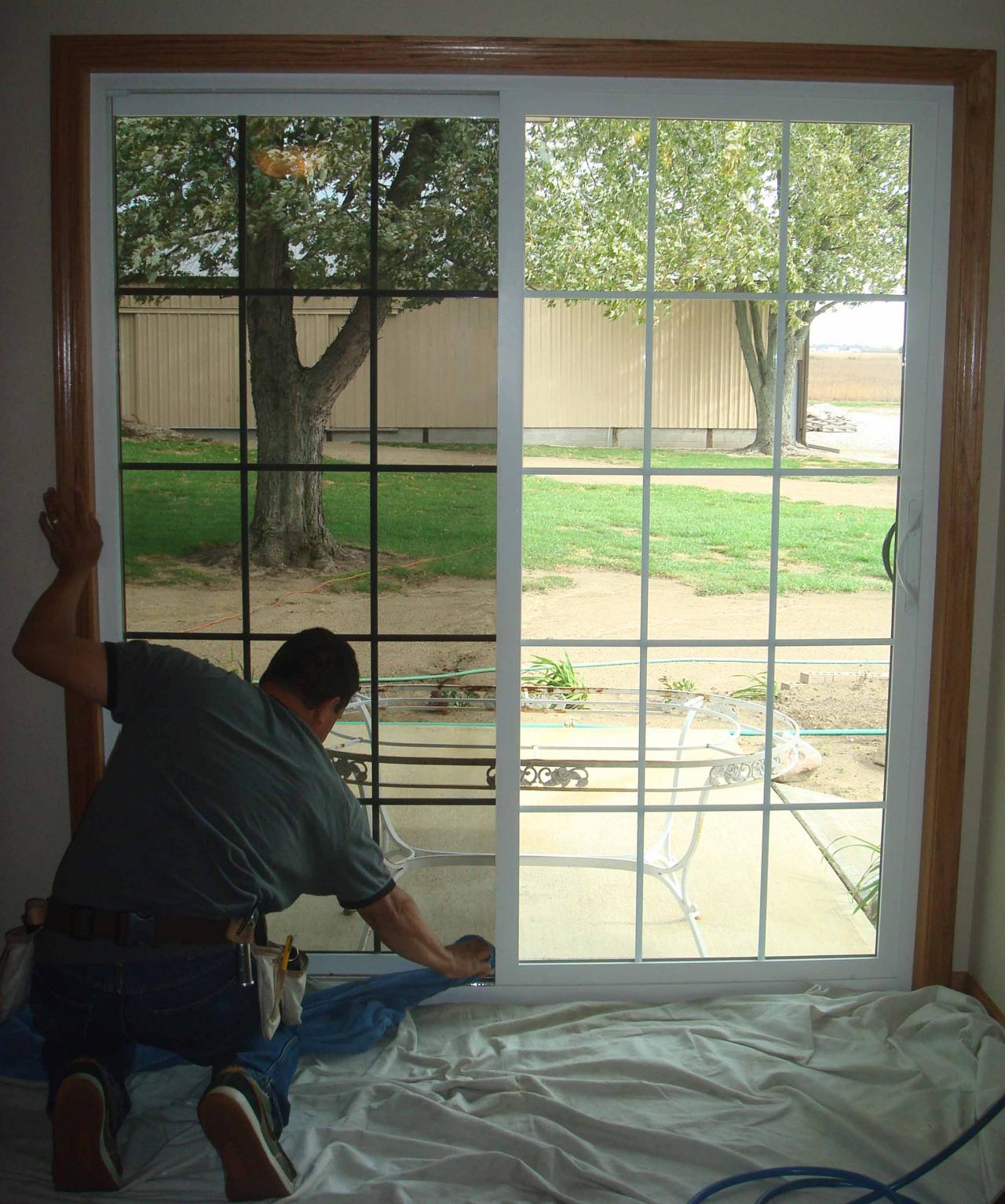Discover the Long-Term Benefits of Residential Window Tint for Your Home
Discover the Long-Term Benefits of Residential Window Tint for Your Home
Blog Article
Exactly How Residential Home Window Tinting Improves Your Home's Energy Efficiency
Residential home window tinting presents a compelling remedy for property owners seeking to boost power efficiency within their living rooms. By using specialized movies to windows, it efficiently decreases warmth transfer, thereby stabilizing indoor temperature levels and reducing the requirement for extreme home heating or air conditioning.
Recognizing Window Tinting
Comprehending home window tinting is essential for property owners seeking to boost both comfort and energy efficiency in their space. Residential Window Tint. Window tinting entails the application of a thin film to the interior or outside surface area of glass home windows. This film can substantially regulate the amount of sunlight and heat that goes into a home, hence affecting interior climate conditions
There are different types of home window tinting films available, each with unique residential properties. The efficiency of home window tinting is commonly determined by its Visible Light Transmission (VLT) percent, which shows just how much light can pass through the movie.
Benefits of Power Efficiency
Home window tinting not only boosts appearances however additionally plays a considerable function in boosting energy performance within domestic rooms. By minimizing heat transfer with home windows, tinted movies produce an extra stable interior climate, which can result in considerable decreases in energy usage for heating & cooling. This power effectiveness converts into lower energy costs, supplying house owners with significant long-term cost savings.

In addition, home window tinting enhances the convenience of living areas. By lessening glare and obstructing dangerous UV rays, tinted home windows produce a more pleasant setting, which can result in improved health for occupants. The protection versus UV rays also aids preserve furnishings and flooring from fading, contributing to the longevity of family items.
Just How Tinting Works
Tinting films run through a mix of advanced products and technologies designed to regulate the amount of solar power entering a home. Mostly composed of polyester, these films frequently include metallic or ceramic particles that show and soak up heat. This double capacity allows them to dramatically minimize the infiltration of ultraviolet (UV) rays and infrared radiation while permitting visible light to go through.
The performance of window tinting is determined by its solar warm gain coefficient (SHGC), which indicates exactly how much solar energy is home sent through the home window. Reduced SHGC worths are more effective as they denote greater warmth rejection. Additionally, home window tints can feature a selection of tones, permitting homeowners to customize their visual preferences while improving power performance.
Moreover, these films serve as a barrier, protecting against heat loss during chillier months by reflecting interior warmth back into the living area. This thermal insulation impact enhances the cooling benefits acquired during warmer months, contributing to a balanced indoor environment year-round. By taking care of solar power properly, property window tinting not just boosts convenience yet additionally plays a vital function in lowering energy consumption and decreasing energy costs.
Picking the Right Color

There are different kinds of home window films offered, consisting of colored, metalized, and ceramic. Ceramic movies give excellent warm control read review without endangering presence and are very durable, making them a popular option.
Visible light transmission (VLT) is one more critical variable, as it indicates the amount of natural light that can travel through the colored glass. House owners need to pick a color with a VLT that enhances their lights choices while still providing adequate glow decrease.
In addition, analyzing the solar heat gain coefficient (SHGC) can help determine how well a tint can block warm from sunlight. A lower SHGC indicates better warmth control, ultimately boosting power performance.
Installment and Upkeep Tips
Proper setup and upkeep are crucial parts in optimizing the benefits of residential window tinting. Specialists also utilize specialized methods and devices, which can boost the sturdiness and performance of the tint.
Following installment, upkeep is important to extend the life of the home window movie. It is advised to wait at the very least 30 days prior to cleaning the tinted windows to allow the adhesive to cure completely.
Addressing these issues promptly can protect against more damages and maintain energy efficiency. By sticking to these installment and maintenance suggestions, homeowners can guarantee their window tinting continues to provide substantial energy savings and convenience for years to come.
Final Thought
In conclusion, residential window tinting functions as an efficient service for enhancing energy efficiency within homes. By lowering warm transfer and blocking harmful UV rays, home window films add to decrease energy intake and enhanced interior comfort. The selection of proper tinting materials, Learn More together with appropriate installment and upkeep, better makes best use of these benefits. Ultimately, home window tinting represents a lasting investment that not just lowers energy bills however also promotes a comfy living environment throughout the year.
Home window tinting involves the application of a thin movie to the inside or exterior surface area of glass home windows. By reducing warm transfer with home windows, colored movies create a much more secure interior environment, which can lead to significant reductions in energy intake for heating and cooling.The efficiency of home window tinting is gauged by its solar warm gain coefficient (SHGC), which shows how much solar energy is transmitted with the window. By handling solar energy effectively, property home window tinting not just boosts convenience yet additionally plays a vital role in reducing energy consumption and lowering utility expenses.
By minimizing warmth transfer and obstructing unsafe UV rays, home window movies add to decrease power intake and boosted interior comfort.
Report this page